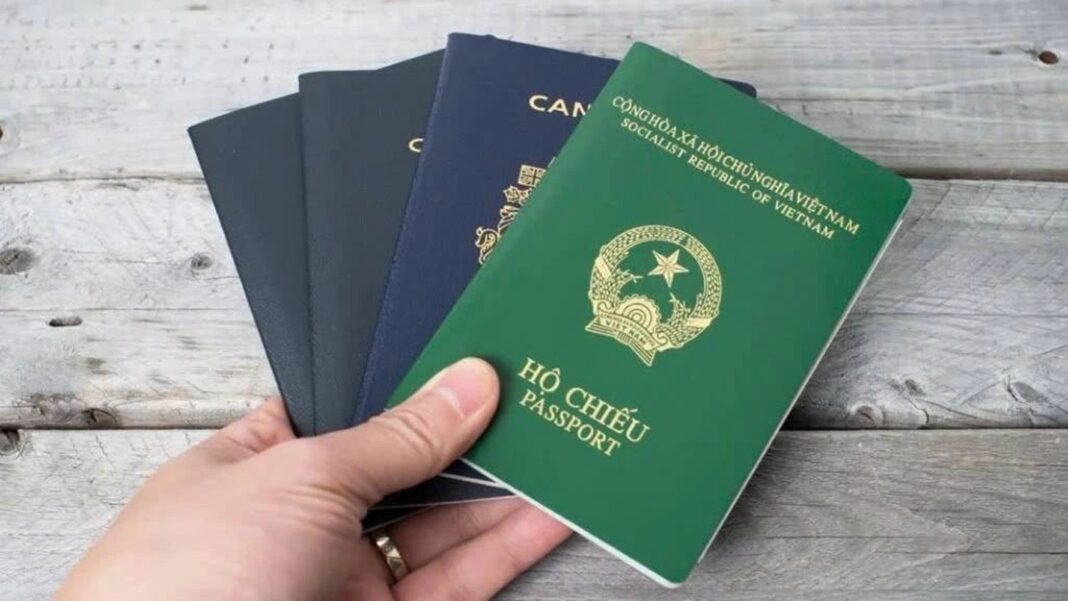A major policy shift may soon make it easier for overseas Vietnamese (Việt kiều) and people of Vietnamese descent to acquire or regain Vietnamese citizenship. Vietnam’s Ministry of Justice has proposed amending the country’s nationality law to attract high-quality talent from abroad and strengthen ties with the global Vietnamese community.
Local media reported on April 9 that the ministry has submitted a draft revision of the Law on Vietnamese Nationality, aimed at relaxing requirements for both naturalization and the restoration of Vietnamese citizenship.
Under the proposed changes, individuals with at least one Vietnamese parent would be exempt from several complex requirements currently in place for naturalization. These include proving full civil capacity, fluency in the Vietnamese language, a minimum of five years of residency, and the ability to support oneself financially.
Most notably, the draft law proposes eliminating all six existing conditions for former Vietnamese citizens seeking to restore their nationality. This change would open the door for hundreds of thousands of overseas Vietnamese who wish to reconnect with their homeland through citizenship.
Another key revision would allow future Vietnamese citizens to retain their foreign nationality, provided this does not violate the laws of their country of residence and does not threaten Vietnam’s national security or public order.
According to the Ministry of Justice, there are currently around 6 million Vietnamese people living in over 130 countries and territories worldwide. Among them, more than 229,000 have formally renounced Vietnamese citizenship. As of March this year, only 311 people have had their citizenship restored, while 7,014 individuals were granted Vietnamese nationality. The proposed changes are seen as a significant step toward reconnecting the global Vietnamese diaspora with their homeland, particularly as Vietnam deepens its international integration and seeks to harness overseas expertise for national development.






